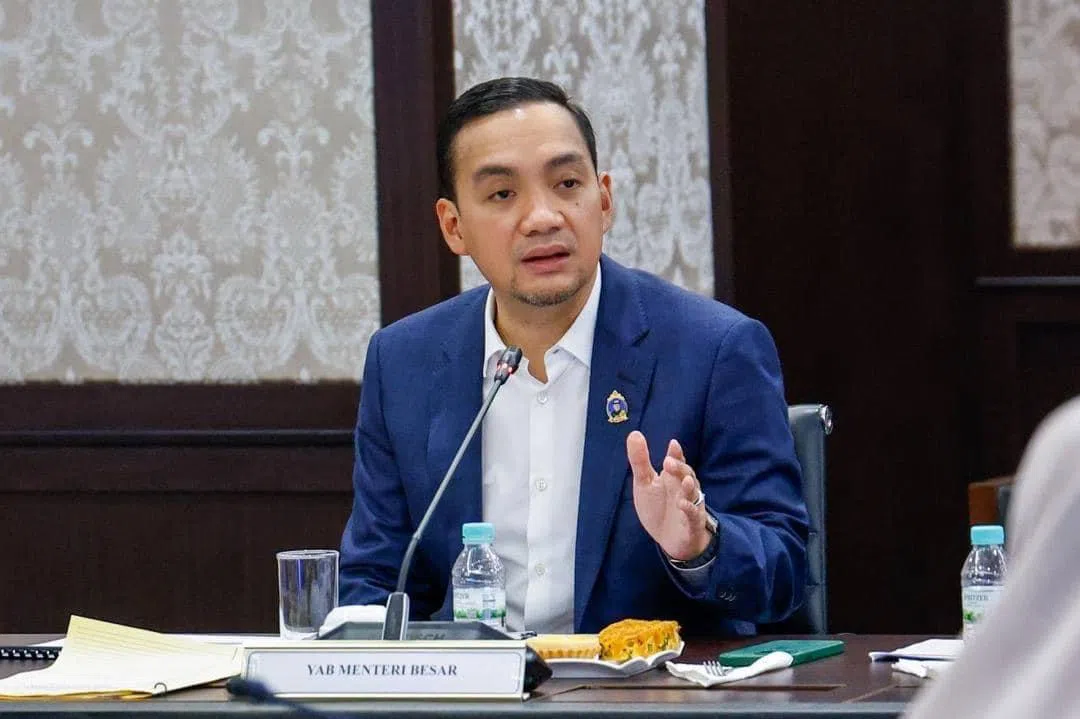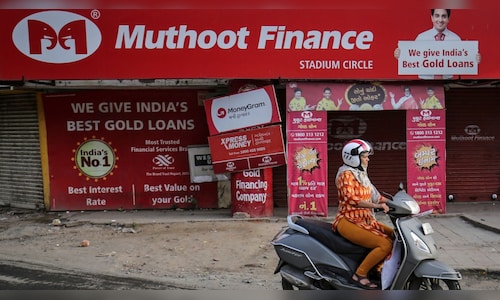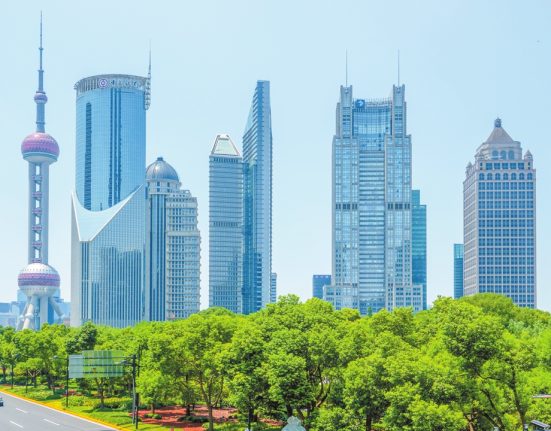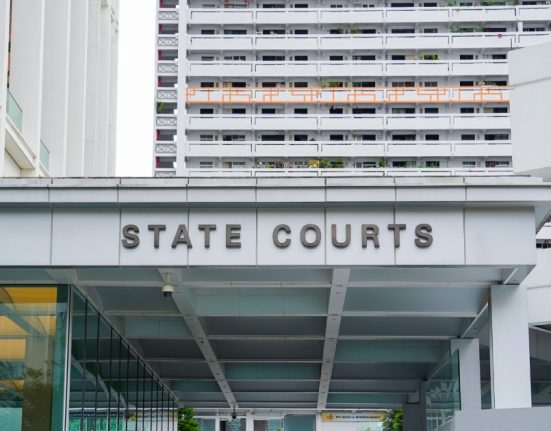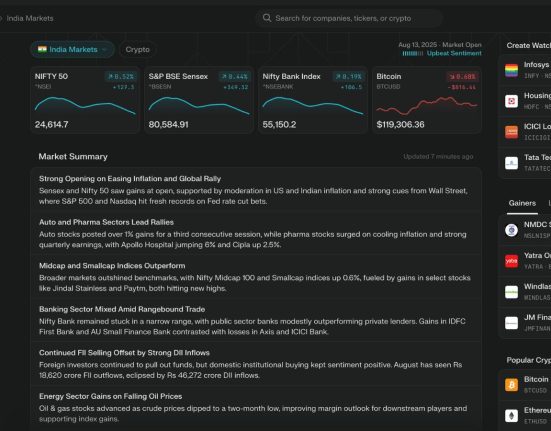[JOHOR BAHRU] Johor has secured about RM23 billion (S$6.9 billion) in its investment pipeline for the month of April alone, said Johor Chief Minister Onn Hafiz Ghazi on Monday (Apr 21).
This comes on top of the RM27.4 billion in investments the state recorded in the first quarter of 2025.
These inflows are a “powerful early signal of the momentum” behind the Johor-Singapore Special Economic Zone (JS-SEZ), Onn Hafiz said, though he did not specify how much of the investment was directly tied to the zone.
For the whole of 2024, Johor drew RM48.5 billion in investments, up from RM43.1 billion in 2023, according to data from the Malaysian Investment Development Authority.
Onn Hafiz was speaking at the JS-SEZ Joint Business and Investment Forum in Johor Bahru, which was co-organised by Singapore’s Ministry of Trade and Industry and Malaysia’s Ministry of Investment, Trade and Industry.
He also shared updates on the Invest Malaysia Facilitation Centre – Johor, which was launched in February to serve as a single touchpoint for businesses and fast-track “priority” investments.
A NEWSLETTER FOR YOU

Friday, 8.30 am
Asean Business
Business insights centering on South-east Asia’s fast-growing economies.
Since its launch, the centre has shortened bureaucratic processing times by around 10 months – to 13 or 14 months – and handled 252 investment queries, Onn Hafiz said. Some 42 “high-impact” projects are now undergoing accelerated processing.
“This is not just about efficiency,” he noted. “It is a clear signal to investors – Johor is serious, responsive and ever-ready.”
New proposals
Speaking to an audience of around 1,000 government and business leaders – including Singapore’s Deputy Prime Minister Gan Kim Yong, who also delivered a speech – Onn Hafiz proposed two new initiatives to “strengthen” the JS-SEZ.
First, he suggested establishing a regulatory sandbox in Johor to allow for a “supervised, flexible” environment for testing new technologies and policies, particularly in sectors currently “constrained” by regulation.
“The sandbox will enable participating companies, universities and consortiums to achieve faster development cycles, public-private collaboration and real-world policy experimentation,” he said.
Second, Onn Hafiz suggested that a new “Asean industrial park” could be developed within the JS-SEZ.
The park will be “especially geared towards” member countries of the Regional Comprehensive Economic Partnership (RCEP) – a free trade agreement comprising China, Japan, South Korea, Australia, New Zealand and the 10 Asean member states.
“The park will aim to attract strategic investments from RCEP member countries by focusing on high-value sectors such as advanced manufacturing, green technology and the digital economy,” he said.
“It will drive technology transfer that both boost competitiveness and diversity supply chains across the Asean region.”
To attract foreign investors, the park should offer “customised incentives”, such as tax breaks and simplified talent mobility, Onn Hafiz added.
“We trust (that) these proposals will receive the necessary consideration and support from our federal and Singaporean colleagues,” he said.
“Let me assure you that the Johor state government is committed to extending whatever is needed to see them realised.”

